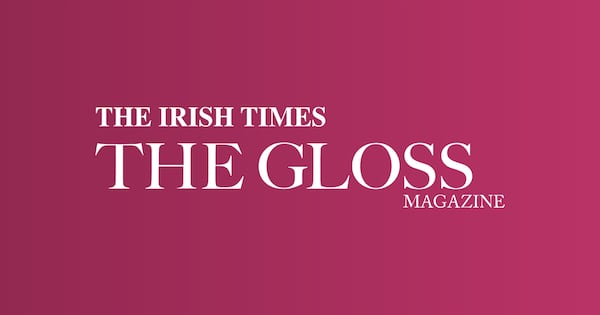Many of our make-up priorities have stayed the same since ancient times, even if the role of beauty products has changed (for reference, check out the YouTube trend "100 layers of make-up"). We'll probably give the Victorian leeches and the traditional lead-based lipsticks a miss, but nonetheless, there are plenty of other beauty regimes that have stood the test of time.
Almonds were used by the ancient Greeks, the Romans and Egyptians, and are still in use in cosmetics today. Burned almonds were used by the ancient Egyptians for darkening the eyebrows, but almond oils were also used in skincare, with large amounts of vitamin E, which acts as an antioxidant. Lush does a simple but effective face cleanser with almond oil in the form of Ultrabland, which takes inspiration from the make-up traditions of yore, at €10.95 for a starter pot.
One handy tip from days gone by is the use of rice powder, which has somewhat fallen out of fashion. Rice powder is made from finely ground rice and is often used in cooking, but the Victorians, the Japanese and Greeks used it to disguise blotches and redness and to brighten their skin. Rice powder products can also reduce shininess and give a smooth finish, and its exfoliating properties make it good in a facial scrub too. Fuschia does an excellent lightweight rice powder to tone down shininess for €24.
Although there are some handy tips out there, take vintage make-up ideas that you find online with a pinch of salt – and always do a patch test first. Putting lemon juice in your eyes to make them look brighter was another tip from the Victorians, but we wouldn’t recommend trying that one at home.









